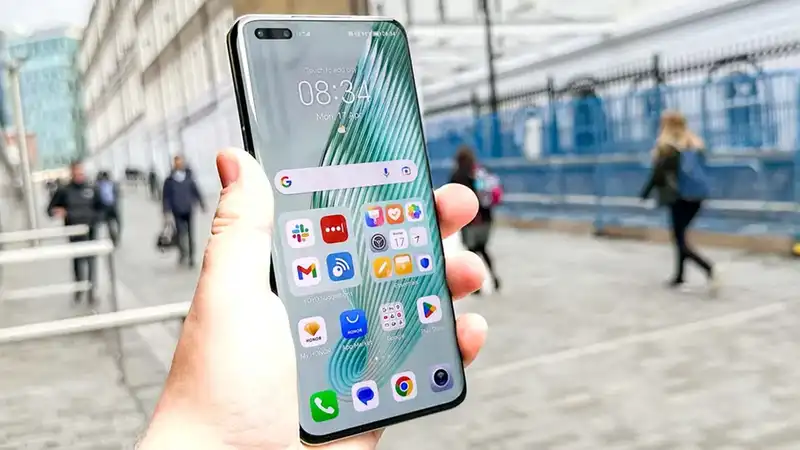Have you ever had trouble concentrating on your phone screen or experienced eye strain due to long hours of scrolling through TikTok? Honor, a major Chinese cell phone company, has a solution to this problem, and it comes in the form of an on-device AI model
Honor unveiled its AI Defocus Eye Protection technology at MWC Shanghai It leverages on-device AI models to mitigate common eye problems associated with screen use, such as myopia (nearsightedness)
The technology works by leveraging AI to simulate defocus glasses on a smartphone screenThere is a growing trend to use AI for health Originally designed to correct myopia in children, defocus glasses have been shown to improve concentration, prevent eye fatigue, and improve comfort while using screens in adults
The company also released new deep-fake detection technology that can alert users when AI filters are being used in video calls or messages Together, these form part of Honor's new approach to creating human-AI synergy through on-device technology
Over the past few decades, cases of myopia have increased worldwide as computer use and phone use have increased This is due to prolonged near vision (looking at a screen from a short distance), which causes the eyeballs to stretch and become myopic
Children are fitted with focusing glasses from a young age to help restore myopia, and the same glasses can be worn by adults to relieve symptoms and reduce the effects of prolonged screen use
According to Honor, its technology uses AI to simulate defocusing glasses on a display by inducing controlled defocusing in the user's peripheral vision This effect "produces a change in visual perception that slows down the elongation process of the eye that leads to myopia"
According to the company, its technology has already been shown to reduce a user's transient myopia by an average of 13 degrees after 25 minutes of reading, with some users experiencing up to 75 degrees reduction
"While AI is revolutionizing our lives and moving the smartphone industry forward, much of the industry is focused on cloud-based AI, which is only one piece of the puzzle On-device AI running on smartphones, which understands us better than any other device, is uniquely positioned to serve us and our preferences," said Honor CEO George Zhao
Deep faking is a growing problem in the age of AI, with scammers using it to hide their appearance or voice during a call, or to make themselves look like someone else
Some can be tackled using cloud AI models and labeling, but according to Honor, the best approach is to leverage on-device models
Honor's approach works by inspecting frame-by-frame information such as eye contact, lighting, image clarity, and video playback, which it uses to identify imperceptible defects to the human eye
The company also trained through a large dataset of videos and images related to online fraud and helped local models make these predictions
The company essentially screens and compares calls within three seconds of their inception As the company explains, "If this feature detects synthesized or altered content, a risk warning is immediately issued to the user, deterring continued engagement with potential fraudsters and keeping them safe"










Comments